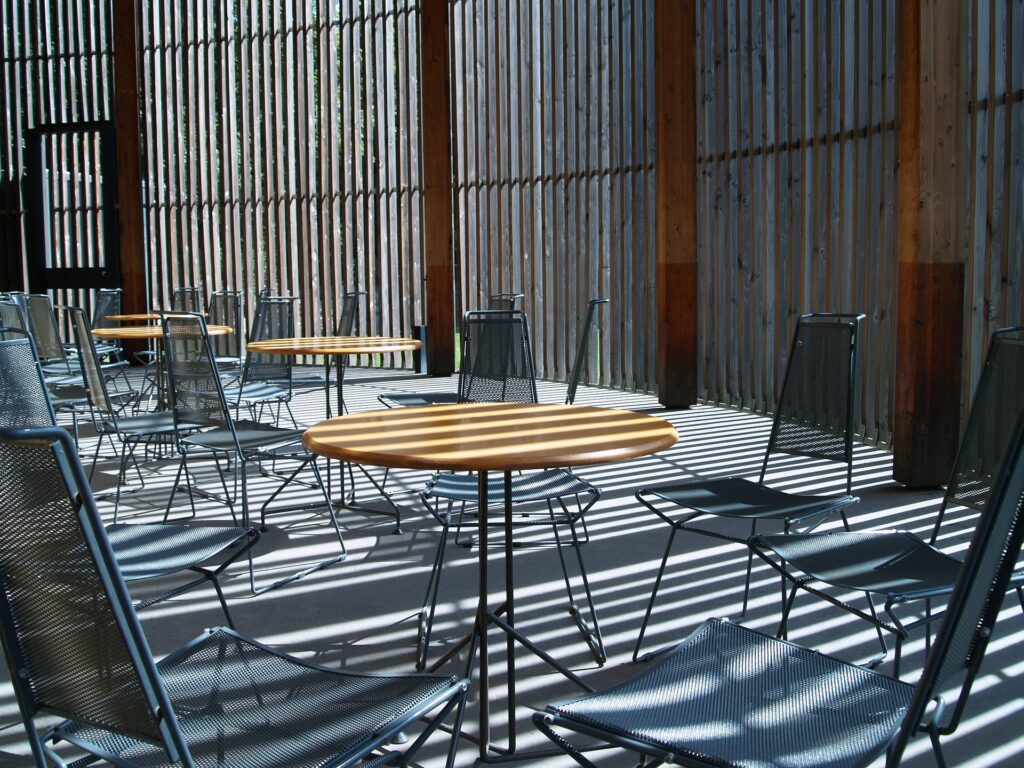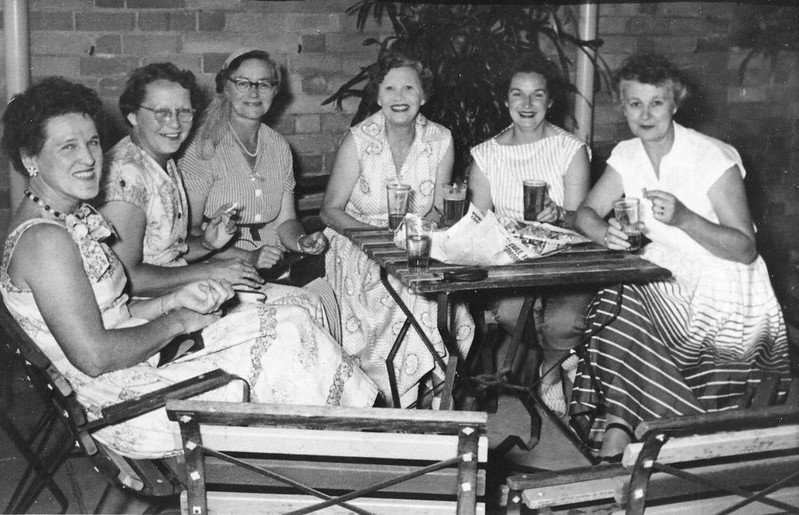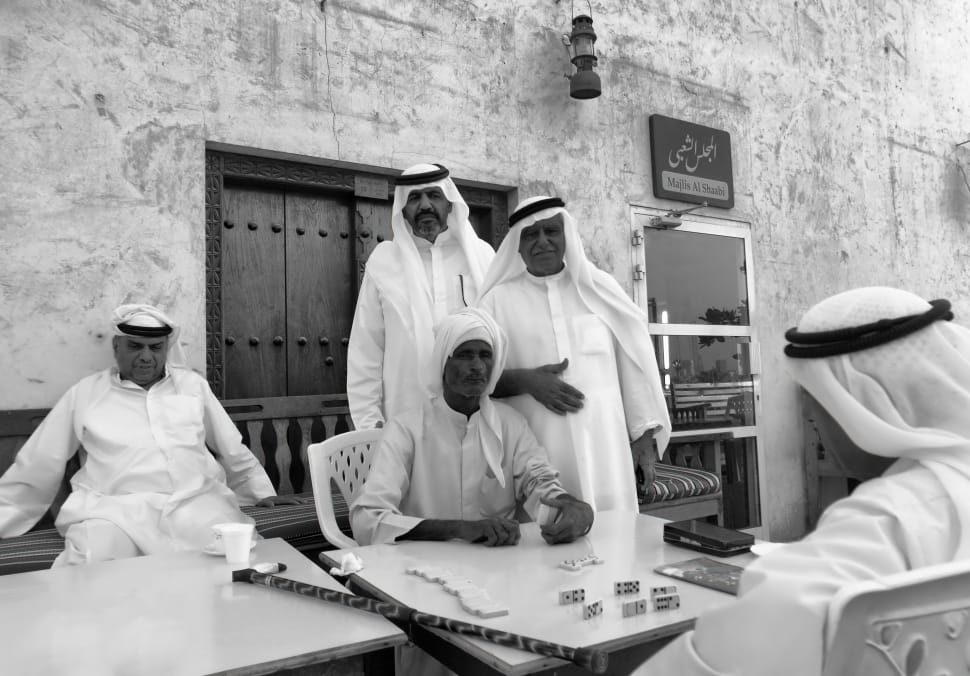Majlis and America’s Lack of Third Space

By: Alison Norquist / Arab America Contributing Writer
As the world tries to return to the usual ways of life before the pandemic in 2020, there is still something that is missing from a person’s daily life. In fact, for many, this special element of life has been missing long before the “Great Shutdown.”
The Third Space Crisis

A place for social interactions, usually within a community or social class, has been a fundamental aspect of every culture since the beginning of civilization. Third spaces are a place for people to gather and socialize without the productivity of work or the restfulness of being at home. For some, these were places of worship, cafes, gentlemen’s associations, or even book clubs. The critical factor was the physical changing of locations in order to experience these interactions.
Since the pandemic, many of these third spaces took on a digital form to allow people to still gather while observing social distancing protocols. While this does allow for some essential interactions to keep a healthy mind, body, and soul; it does not allow for the enveloping of the senses that come with visiting a physical place.
Many of the spaces that were once available to the masses are either closing or remaining digital. People are without options for a third space. There is, however, an answer to this problem that is deeply ingrained in the Arab culture: the majlis.
Arab Third Space

To some, this word may be known as a seating option that encircles a room meant to receive guests. However, the concept of majlis extends far beyond furniture. These spaces, which are typically male-only, focus on allowing members of the community to come together and discuss the various matters of their lives while sipping coffee or even partaking in the hookah.
From news to family, arts to science, conversation flowed freely in these spaces. Men would rest upon cushions and pillows engaging in conversation. Similar to the famed Round Table of England’s Camelot, the attendees of these meetings would sit with relative equity. Though, elders were often looked to for guidance and to settle matters.
Bring Majlis to America
Many Arab families may already have this practice in their communities. Though it is a tradition that could solve the third space crisis for the rest of the nation. As Arab culture continues to gain appreciation in the United States. With events like the announcement of National Arab American Heritage Month this month by President Joe Biden. Along with, the famed Arabic singer Elyanna performing at the Coachella Music Festival in Arabic.
Perhaps, this cultural staple of the Arab nations could be a chance for American culture to appreciate and adopt a cherished tradition. One that helps many to form and solidify social bonds. It is likely, however, that the practice could include more gender-inclusive options compared to the strict segregation imposed in many Islamic-practicing countries for it to be accepted by most Americans.
Check out Arab America’s Blog here!








